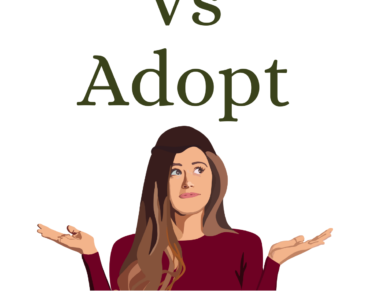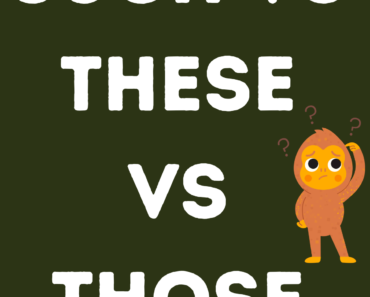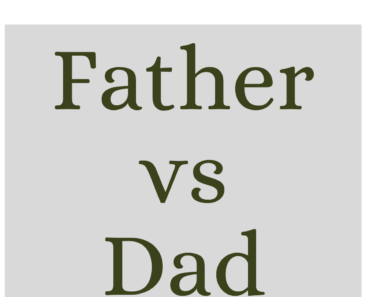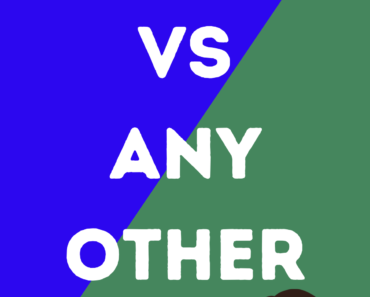“May” and “Might” are both modal verbs used to express possibility, but they differ in their degree of certainty and context of use.
“May” suggests a greater likelihood of something happening, often used in more formal or present contexts. For example, “You may start the exam now” implies permission in the present. On the other hand, “Might” implies a lower probability, often used for hypothetical or uncertain situations, especially when referring to the past or in more speculative contexts. For example, “She might have taken the wrong train” suggests a speculative past action.
Definitions and Usage
May
- Definition: “May” is used to express possibility, permission, or to make a request.
- Usage and Examples:
- Possibility: “May” is used to suggest that something is possible.
- Example: “It may rain later today.”
- Permission: In formal settings, “May” is used to ask or give permission.
- Example: “May I leave the table?”
- Requests: “May” can soften requests or make them more polite.
- Example: “May I ask you a favor?”
- Possibility: “May” is used to suggest that something is possible.
Might
- Definition: “Might” is used to express a lower probability or more speculative possibility than “may.”
- Usage and Examples:
- Speculative Possibility: “Might” is often used when the likelihood is uncertain or purely speculative.
- Example: “He might come to the party, but I’m not sure.”
- Past Possibility: When reflecting on past events where the outcome was unknown, “might” is preferable.
- Example: “He might have missed the train.”
- Conditional Statements: “Might” is frequently used in conditional or hypothetical statements.
- Example: “If you asked him, he might help.”
- Speculative Possibility: “Might” is often used when the likelihood is uncertain or purely speculative.
In summary, while both “may” and “might” deal with the realm of possibility, “may” often carries a stronger likelihood or is used in more formal or definitive contexts, whereas “might” typically conveys a lesser probability or more uncertainty, particularly in hypothetical scenarios.







